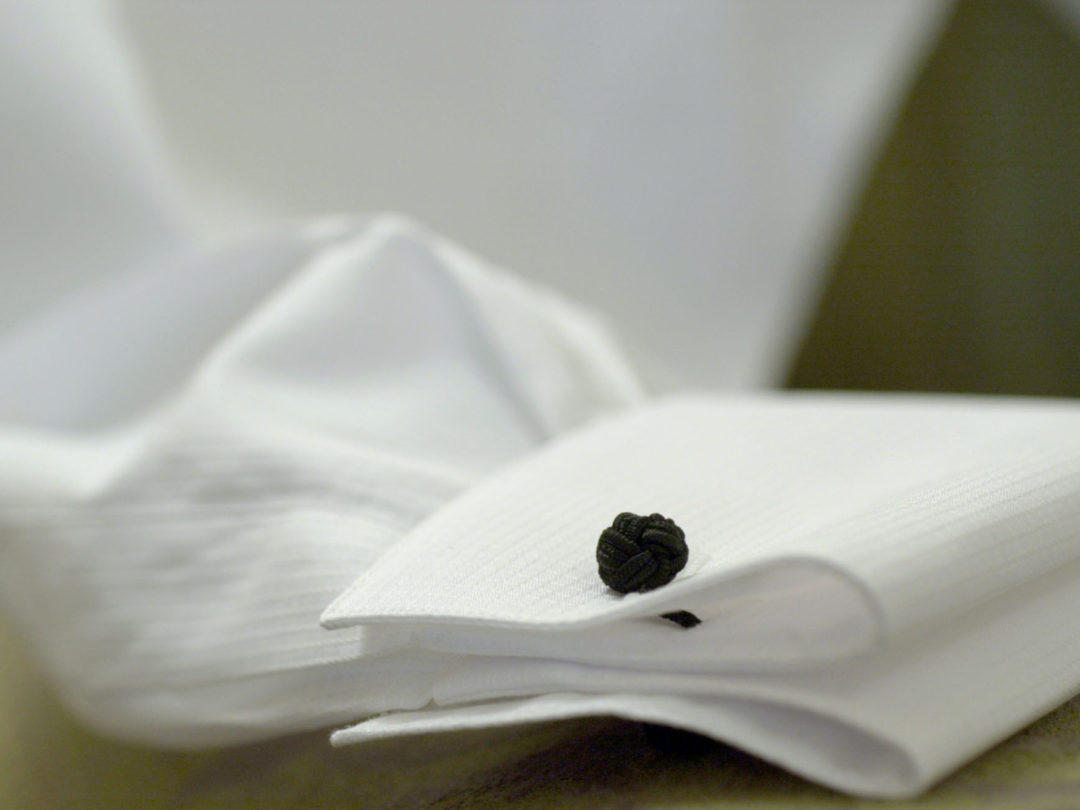
Visit Our Sponsors |
|
|
|
|
|
|
|
|
|
|
|
|
|
|
|
|
|
|
|
|
|
|
|
|
|
|
|
|
|
|
|
|
|
|
|
|
|
|
|
|
|
|
|
|
|
|
|
|
|
|
|
|
|
|
|
|
|
|
|

Startups typically create a product, find suppliers and then sell it. Kasper Brandi Petersen skipped the first step and instead built on his experience at shipping giant Maersk to help make today’s increasingly disposable fashion industry a little more sustainable.
Petersen’s Labfresh uses molecular technology to make stain- and odor-repellent business and casual shirts. Those who have tested them say you can wear them for a week, sweat and spill red wine on them, and they’ll still look fresh. Because they don’t need to be washed as often as regular cotton shirts, they’re expected to last longer.
“Sustainability for us isn’t about organic cotton, it’s about buying 10 products instead of 50,” Petersen said in a recent telephone interview from Amsterdam, where he runs Labfresh with his Dutch girlfriend Lotte Vink.
The popularity of its garments comes at a time of growing criticism in Europe toward a “fast fashion” culture that encourages the over-consumption of clothes with a short lifespan. In the U.K., lawmakers are considering a special tax to fund recycling and reduce the industry’s greenhouse gas emissions.
Like Nike
Labfresh’s technology is neither new nor exclusive, but it isn’t as common in Europe as it is in the U.S., where it’s used predominantly in synthetic materials.
"We saw a lot of great technology available on the market that sportswear brands like Nike or Patagonia were using, but that the fashion brands were reluctant to use,” he said.
Petersen entered the fashion industry with his first startup, an online personal shopper called The Cloakroom, which he sold to Modomoto in 2016.
The breakthrough for his latest venture came during a romantic weekend in Paris in the summer of 2016, when the couple took a break from sightseeing and wine tasting to visit some local scientists.
“They had invented this amazing technology and amazing fabric and no one wanted to buy it,” the 33-year-old Dane said.
It’s here that Petersen’s past in the shipping industry came in handy. While visiting logistic hubs and craftsmen in Nigeria, Oman or India as a member of a graduate program at Maersk, Petersen realized that he could create a tailor-made supply chain that would help him build a competitive edge.
“What makes me most proud is the fact that we were able to convince so many links in our supply chain to adapt to completely new production processes.”
Shark Investor
Petersen and his partner took their new venture to the Danish television equivalent of Britain’s “Dragon’s Den” and “Shark Tank” in the U.S., where they secured a 600,000 kroner ($91,000) investment from Denmark’s most famous venture capitalist, Tommy Ahlers, in return for a 15 percent stake in Labfresh. Ahlers has since become a government minister and no longer plays an active role in the company.
Last year, Labfresh made a tiny profit, the first of Petersen’s entrepreneurial career. He says he’s now aiming for “at least 200 percent growth” per year and sales of 10m euros ($11.3m) by 2020.
The shirts are pricey — 119 euros compared to 99 euros for a basic Eton equivalent — but Petersen says economies of scale will soon allow him to lower prices by as much as 20 percent. The company holds weekly phone interviews with customers to figure out future trends. Its data shows that they tend to be married 35-year-olds who wear smart-casual attire at work and live in the suburbs. The company’s main markets are Denmark, the Netherlands and Germany, followed by the U.S..
While the techwear used in Labfresh’s products is still relatively expensive and requires months to develop, Petersen is hoping that it may one day be adopted by big players like Hugo Boss.
“That would only make us happy,” he said. Fashion houses need to “clean up their act and produce more durable products.”
RELATED CONTENT
RELATED VIDEOS
Timely, incisive articles delivered directly to your inbox.


